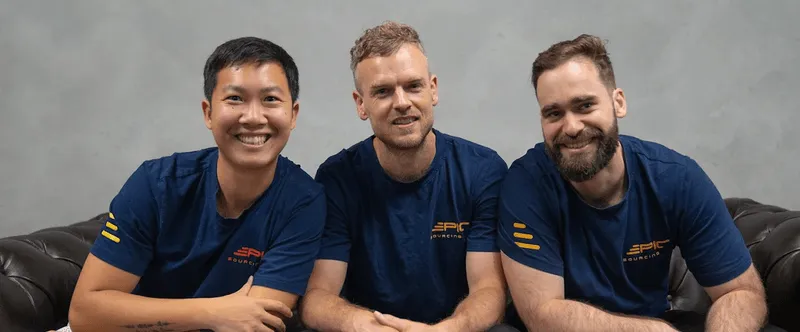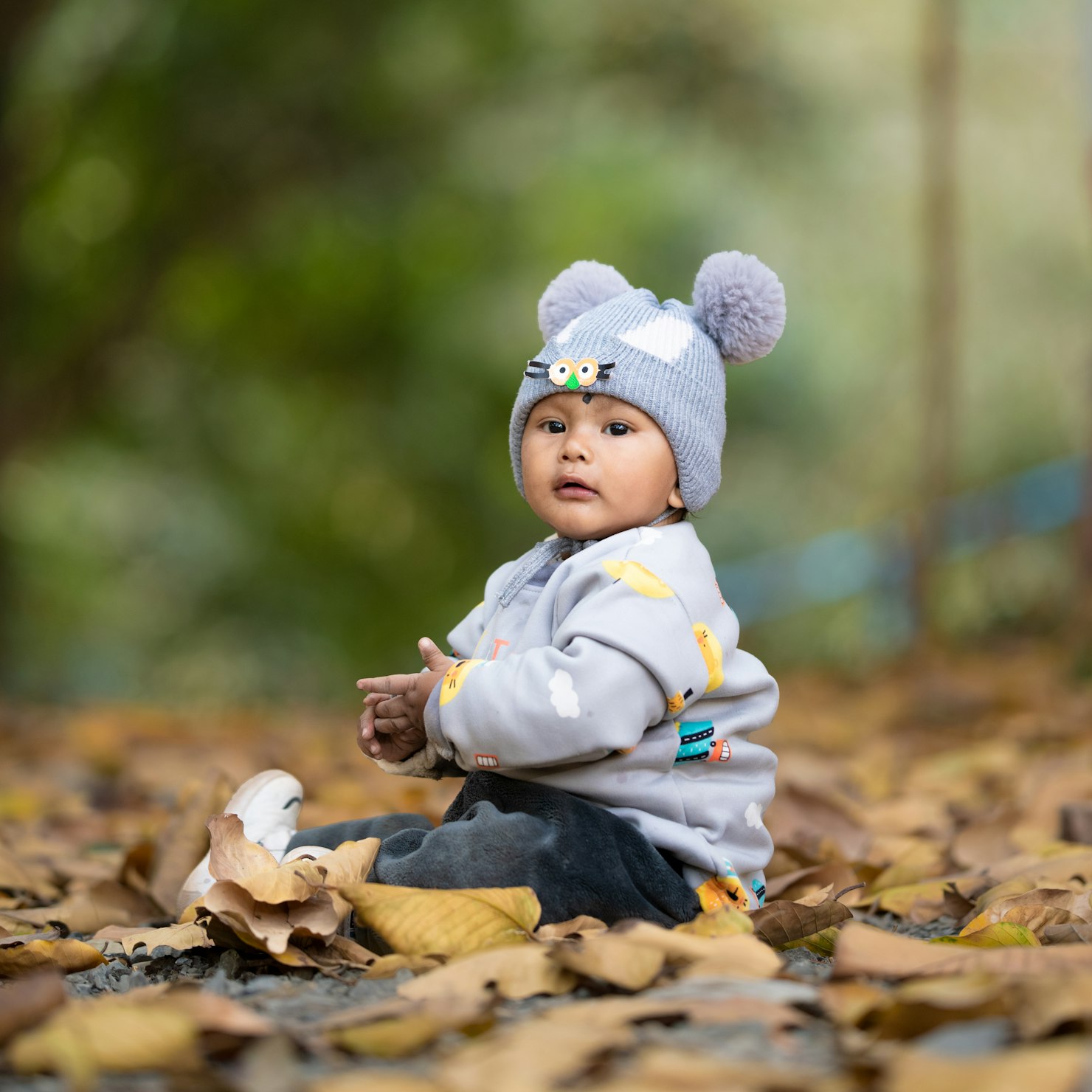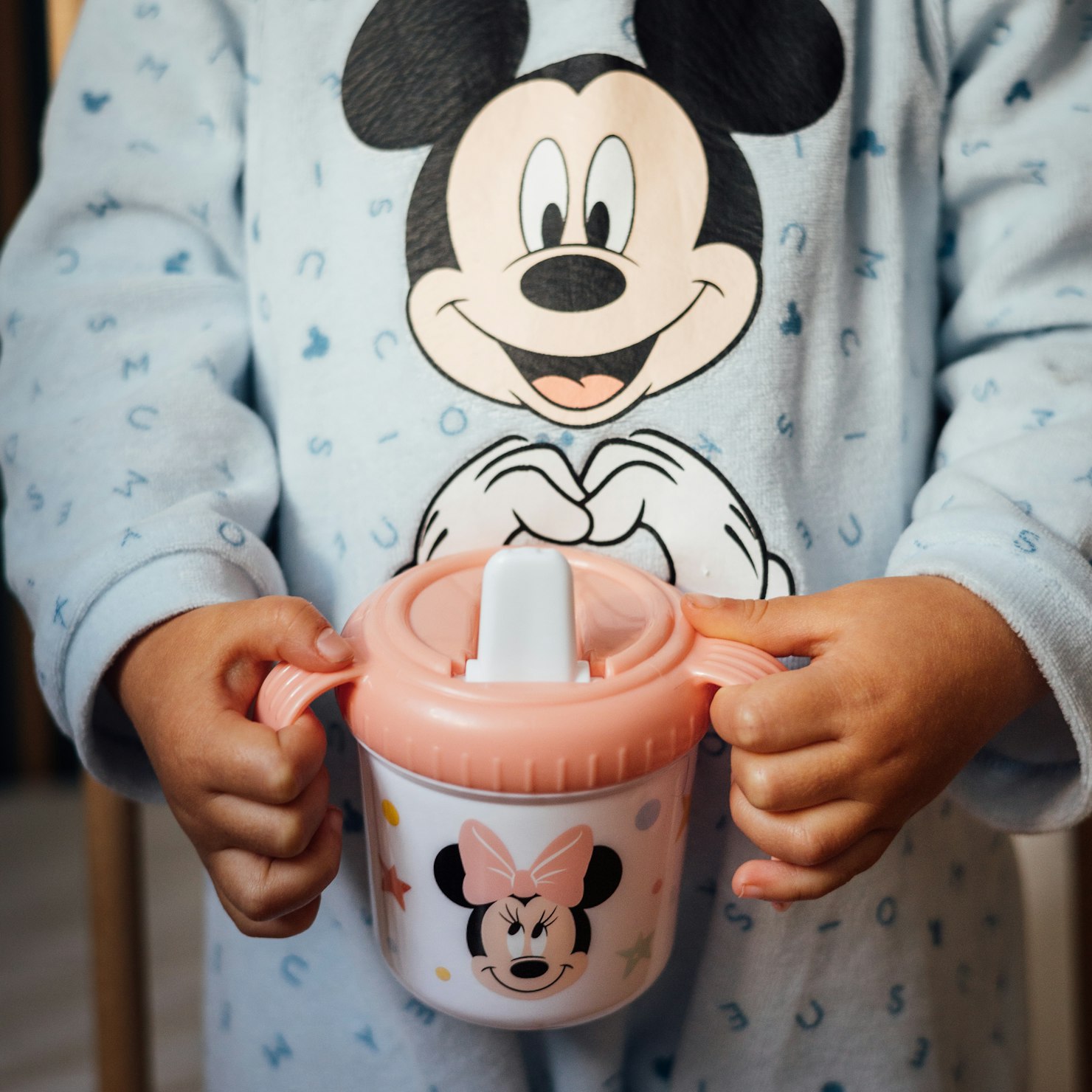Import Baby Clothing from China or Vietnam
Import soft, safe, and stylish baby clothes from verified suppliers in China and Vietnam. Sourcing support tailored for Kiwi baby brands.

We specialise in helping innovative Kiwi businesses navigate the journey of sourcing high-quality products and materials. We are here to support you at every stage of your sourcing process. Whether you are importing or manufacturing, our expertise and local personnel in China and Vietnam make sourcing simple.
Popular Products
Make Baby Clothing That Feels as Good as It Looks
Import Baby Clothing from China or Vietnam
Import soft, safe, and stylish baby clothes from verified suppliers in China and Vietnam. Sourcing support tailored for Kiwi baby brands.
Sourcing Babywear: What Matters Most
Baby clothing requires care, attention to detail, and reliable supply chains. For Kiwi brands, this means finding factories that meet international safety standards, offer consistent quality, and understand the specific needs of the babywear market.
We help brands navigate supplier selection, fabric choices, product development, and logistics when importing from Asia.
What to Prioritise When Sourcing Babywear
1. Product Safety
Look for manufacturers that comply with OEKO-TEX, CPSIA, or equivalent standards. Baby clothing should be free from harmful substances and manufactured in safe, controlled environments.
2. Comfortable Materials
Babies have sensitive skin. Materials like organic cotton, bamboo blends, and combed cotton are popular for their softness and breathability. Always test fabrics for both comfort and durability.
3. Practical Design
Designs should allow for easy changing, soft seams, and safe fastenings. Factories experienced in babywear will understand how to execute these features correctly.
4. Scalable Production
If you're just starting out, smaller MOQs (minimum order quantities) can help you launch without overcommitting. As your brand grows, a good supplier should scale with you.
Fabric Considerations
Some commonly used fabrics in baby clothing include:
- Organic Cotton: Gentle on skin and sustainable.
- Bamboo-Cotton Blends: Known for their softness and antimicrobial properties.
- Combed Cotton: Strong and smooth for everyday essentials.
When selecting a fabric, factor in washability, stretch, breathability, and feel.
Choosing a Manufacturing Partner
Manufacturers like Dongguan Dongfang Hongye Garment Factory specialise in babywear and offer:
- Experience producing a wide range of garments for children
- Customisation options including embroidery and printing
- Compliance with common babywear safety standards
When evaluating a supplier, request past production samples and certification documentation.

Let’s Make It Epic
We're here to make sourcing simple – and a whole lot less stressful.
Frequently Asked Questions
We’ve compiled a list of the most frequently asked questions to help you get the information you need.
Factories usually require 300–500 units per style, though this can vary depending on the design and supplier.
Yes. Most factories offer options for fabric selection, colour, sizing, trims, and labels.
Reputable manufacturers provide documentation and certifications that align with local regulations. Always verify this early.
On average, allow 3–5 weeks for sampling and another 6–8 weeks for production and shipping.
Can’t find the answer you’re looking for? Feel free to get in touch!
More Industries
Looking to source something different? From sustainable packaging to electronics, baby clothing to automotive parts — we work across a wide range of industries.
Can’t find the answer you’re looking for? Please chat to our friendly team.

.svg)


